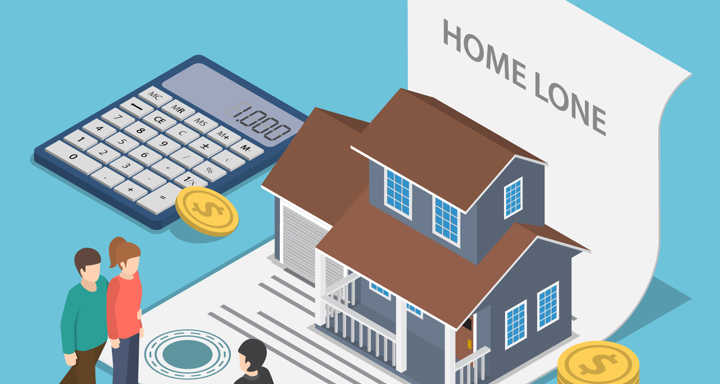Equity Release Loan for Senior Citizens
 |
 |
Equity Release is a way of unlocking the value of your property without having to move home. Equity release is a means of retaining use of your house or other object which has capital value, while also obtaining a lump sum or a steady stream of income, using the value of the house. To be eligible for the equity release loan, the primary requirements include having an ownership of a household and an eligible age.
Advantages of equity release
- The lenders allow the retirees to stay within their home till they desire.
- If interest rates fall, borrowers are free to refinance their mortgages at a lower cost with other providers.
- It can provide a lump-sum of tax-free cash or a steady income
- The No Negative Equity Guarantee (NNEG) protects the borrower in the event of a downturn in the housing market.
- Products are available where no payments are required from you until your home is sold.
- You still own your home so all growth in the value belongs to you.
 Having any query regarding Home Loan? Let our Expert help you. Click here. |
Disadvantages of Equity Release
- Equity release schemes may work out more expensive in the long term than downsizing to a smaller property.
- Equity release may affect your entitlement to means-tested benefits and grants that the borrower may be entitled to.
- It may decrease the amount of money your family will inherit upon your death.
- There may be more suitable methods of raising the funds you need.
- If for some reason you wanted to repay the loan early, there may be early repayment charges.
- When you sell it or a part of your home, you do not get the full market value.
Working of Equity Release Loan
The equity release loan can be accessed by Senior Citizen or the persons aged over 55 years. Money is paid out as a lump sum in cash or a regular income. There are no stipulations on how to spend this money. There are two types of equity release plan, lifetime mortgage and the home reversion scheme.
- Lifetime mortgage: A lifetime mortgage is a loan against the value of your home. The lender gives you a lump sum, a monthly income or a combination of the two. You continue to own and live in your home until you die, or your spouse dies, whoever lives the longer. Most Lifetime mortgages come with a no negative equity guarantee which pledges that you can never owe more than the sale value of your home, no matter how long you live. Depending on the product, you either make payments of interest during the term or you make no payments and the interest is rolled up and repaid when the house is sold.
- Home reversion scheme: With a home reversion scheme, you sell your home or part of your home to a third party, normally a reversion company or individual. In this scheme, you do not have to pay any rent to live in your home, even though you no longer own all of it. You sell a share of your home to a reversion company. You do not, however, receive the full market value as you would if you sold your home on the open market. Instead, the reversion company gives you a lump sum and the right to live in your home, rent free, for the rest of your life.
Equity release loan serves to be very beneficial and convenient for the old aged individuals to lead a financially stable life. The release of equity scheme has several advantages that make it a preferable option for the people during their old age. With the popularity of these schemes, several equity release loan alternatives have come into the market. However, the pensioners are always recommended to go through all the terms and conditions that have been specified within the agreement. It is a very tedious process to get the equity release loan sanctioned and the whole procedure is replete with too many intricacies too. So the borrowers must consult an expert advisor to guide them through the entire procedure and make them avail the best deals available in the market.







